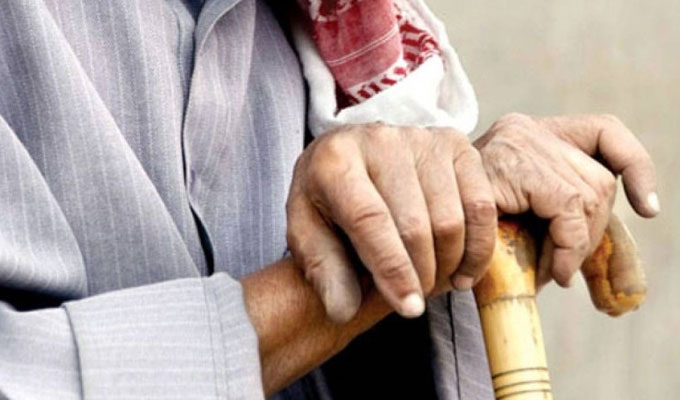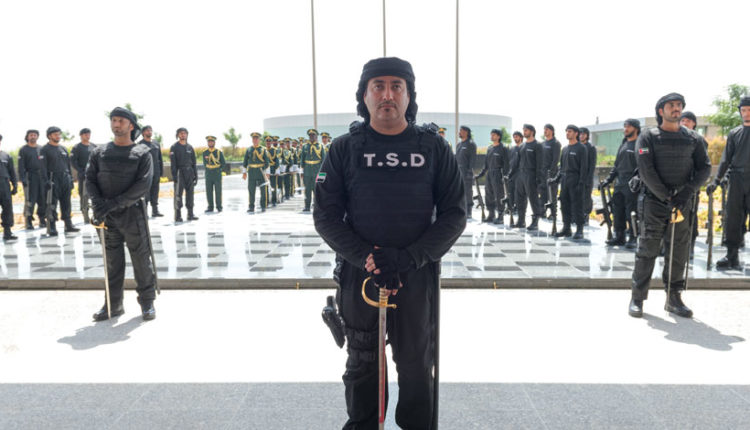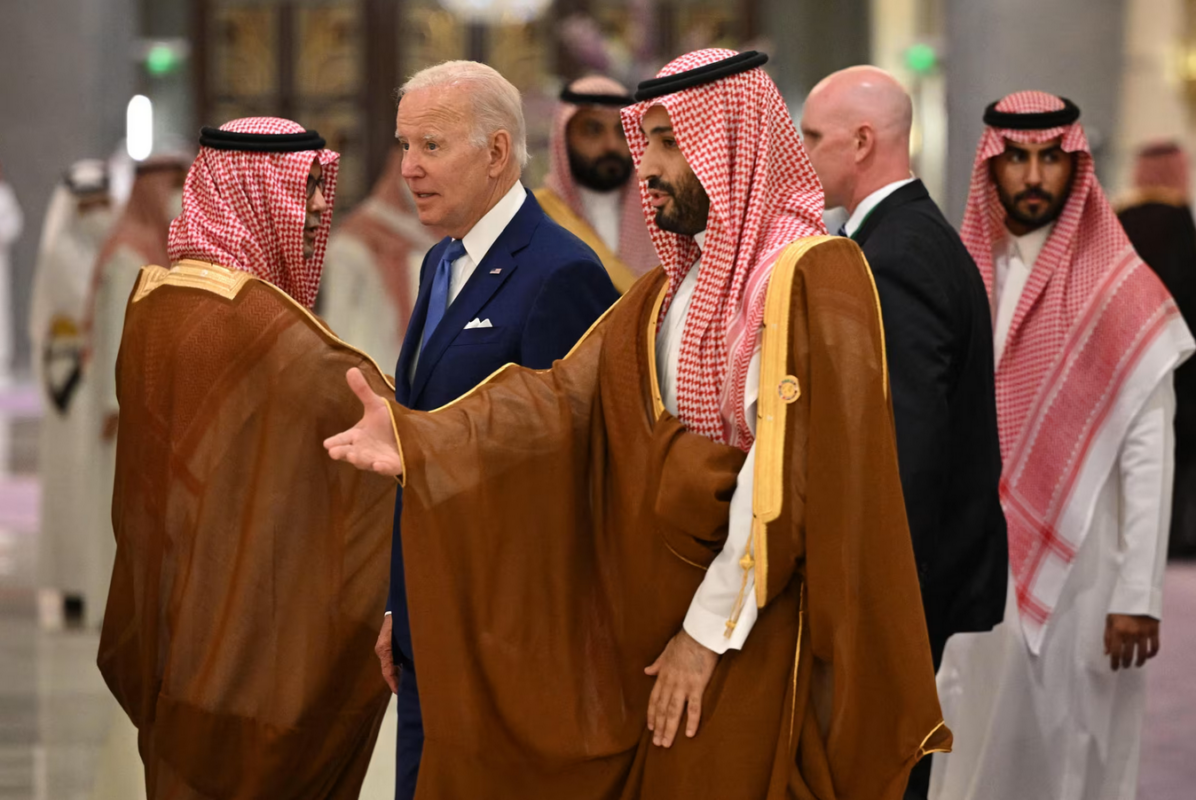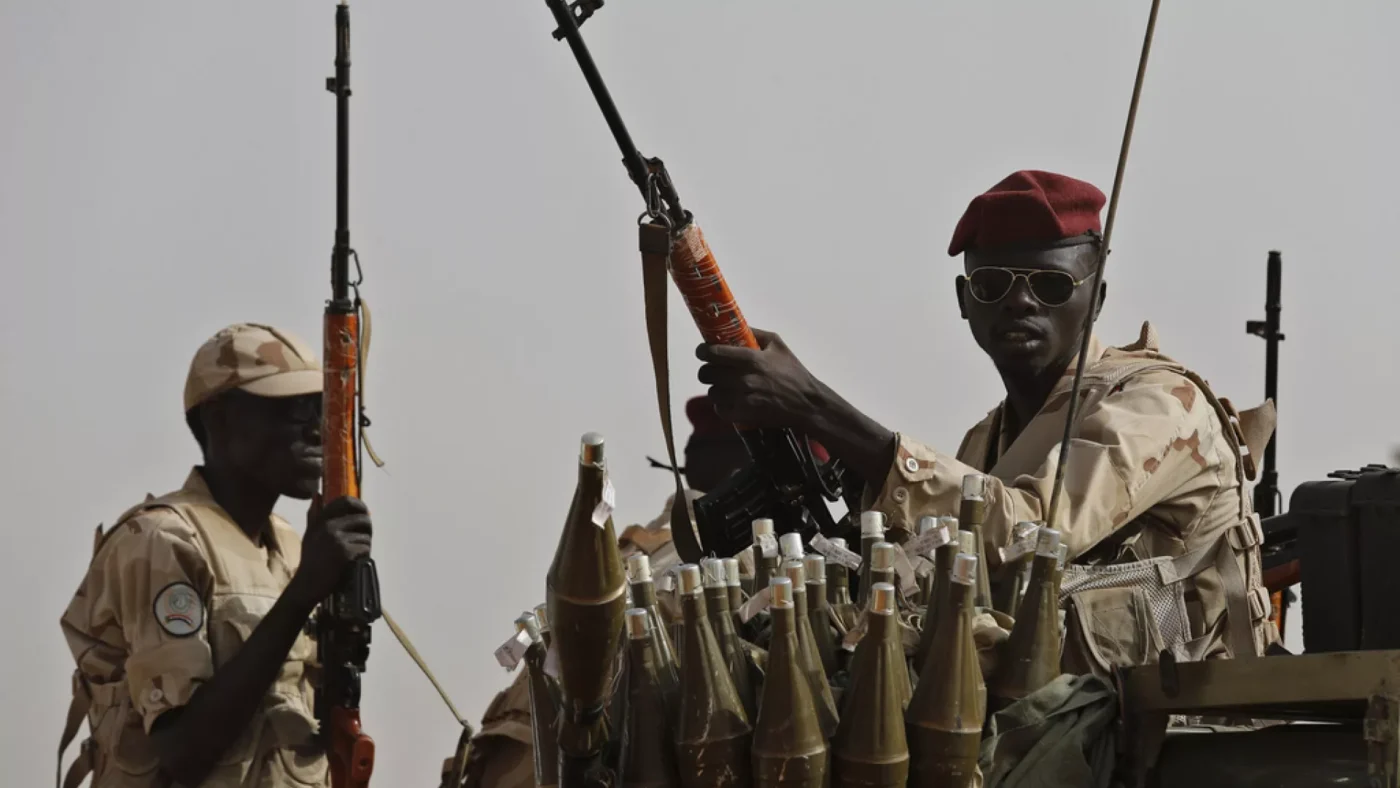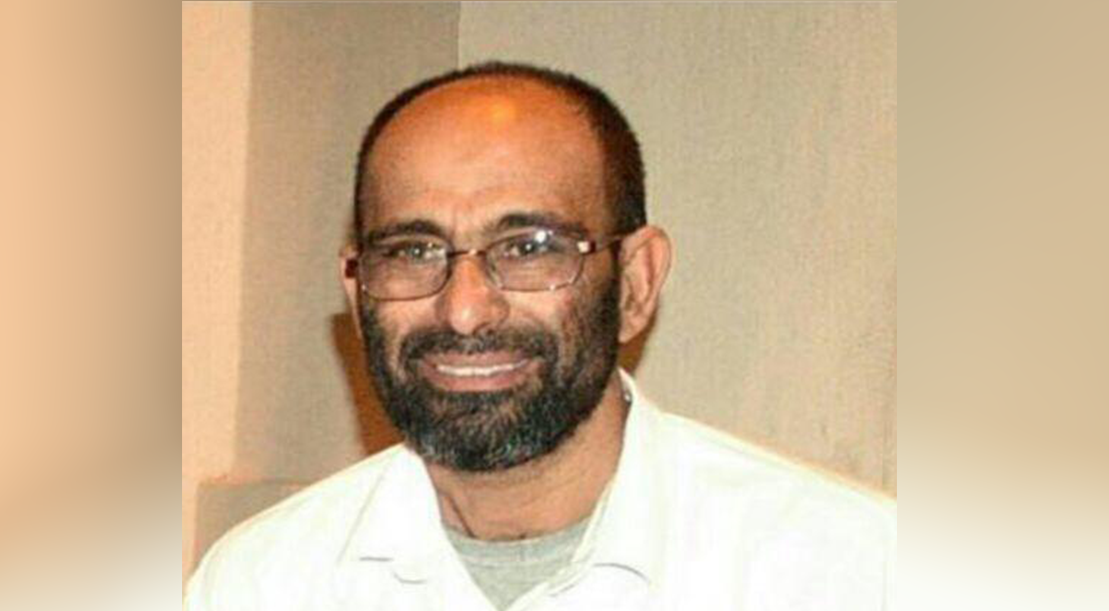The Middle East is home to a diverse and dynamic population, with a rich cultural heritage and a rapidly evolving socio-economic landscape. However, amid these changes, the rights of older people often receive insufficient attention. In Bahrain, the plight of older citizens presents a pressing issue that demands urgent action. Older people in Bahrain often[…]
The State Security Apparatus (SSA) was set up by Federal Decree on June 10 1974 with the purpose to “protect the State security”. However, the reality is that it has been used as a tool of repression against dissenting voices, especially since the Arab Spring in 2011. Initially, the SSA was set up under the[…]
A security guarantee, assistance in developing a nuclear program, and more unrestricted arms sales in exchange for the normalization of Israeli-Saudi relations is what the Biden administration proposes to Saudi Arabia in a bilateral agreement that is close to being finalized between the two countries. Long gone are Biden’s words in the 2019 Democratic primary[…]
The ongoing civil war in Sudan, characterised by relentless violence and humanitarian crises, has been significantly exacerbated by the covert intervention of the United Arab Emirates (UAE). Operating under the pretext of humanitarian aid for refugees, the UAE has been secretly supporting one faction in the conflict. This includes providing advanced weaponry and drones, intensifying[…]
Updated: Mohamed Hasan Abdulla (AlRamel) was a 55-year-old carpenter when he was arrested on 3 November 2015 during a raid on his house. During his detention, he was tortured, sexually harassed, and threatened before being convicted of charges based on planted evidence. He is currently serving his life sentence in Jau Prison, isolated in Building[…]


